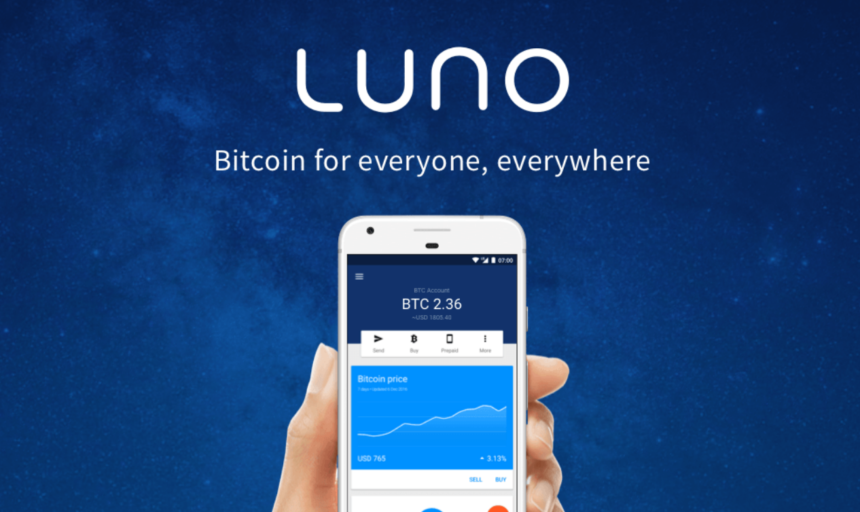South Africans Embrace Crypto for Everyday Spending
New data from the crypto platform Luno reveals a significant shift in South Africans’ use of cryptocurrency for everyday purchases. According to Luno, users are now spending more than R2 million ($112,000) monthly on items like groceries, flights, and furniture.
The introduction of Luno Pay, the platform’s retail payment solution in November 2024, has facilitated over R20 million ($1.1 million) in cryptocurrency transactions. This surge in everyday transactions signifies a growing trend towards the practical use of cryptocurrency beyond just trading and speculation.
Christo de Wit, Luno’s South Africa Country Manager, commented on the rising interest in using digital currencies for day-to-day spending. He noted that a significant number of users are now turning to Luno Pay for essential purchases and services.
A large portion of these transactions take place at Pick n Pay, Luno Pay’s largest merchant partner. Additionally, collaborations with Zapper enable users to utilize crypto at retailers like Dis-Chem, Hirsch’s, Dial-a-Bed, and One Day Only. Users can also pay for meals at Spur, book flights with FlySafair, and shop online at stores such as Loot and YuppieChef—all through cryptocurrency.
The mainstream adoption of cryptocurrencies is gaining momentum globally, driven by their efficiency in cross-border payments and increasing use in everyday transactions. Circle, the company behind the USDC stablecoin, has launched the Circle Payment Network in partnership with African financial institutions like Flutterwave and Onafriq. These collaborations highlight the growing role of cryptocurrencies, particularly stablecoins, in shaping the future of global finance.
In 2024, stablecoin transactions reached a total value of $27.6 trillion, surpassing the combined transaction volume of Visa and Mastercard for the year. African fintech companies like Juicyway and Due are leveraging this trend by developing cross-border solutions that utilize stablecoins to address remittance challenges and liquidity constraints.
While cryptocurrencies have been primarily associated with simplifying cross-border transactions, their adoption for everyday spending is on the rise. Luno reported that 31,000 merchants across South Africa now accept cryptocurrency payments, reflecting the country’s growing crypto footprint.
Luno Pay users exhibit a high rate of repeat usage, with more than 80% returning to make purchases on a weekly basis. This trend suggests that cryptocurrency is gaining traction as a practical alternative to traditional payment methods.
As infrastructure expands and more retailers adopt cryptocurrency payments, Luno Pay’s growth indicates that cryptocurrency is transitioning from a niche concept to a widely accepted payment method in South Africa. The future holds a landscape where cryptocurrency seamlessly integrates into everyday spending, offering consumers more options and flexibility in their transactions.







